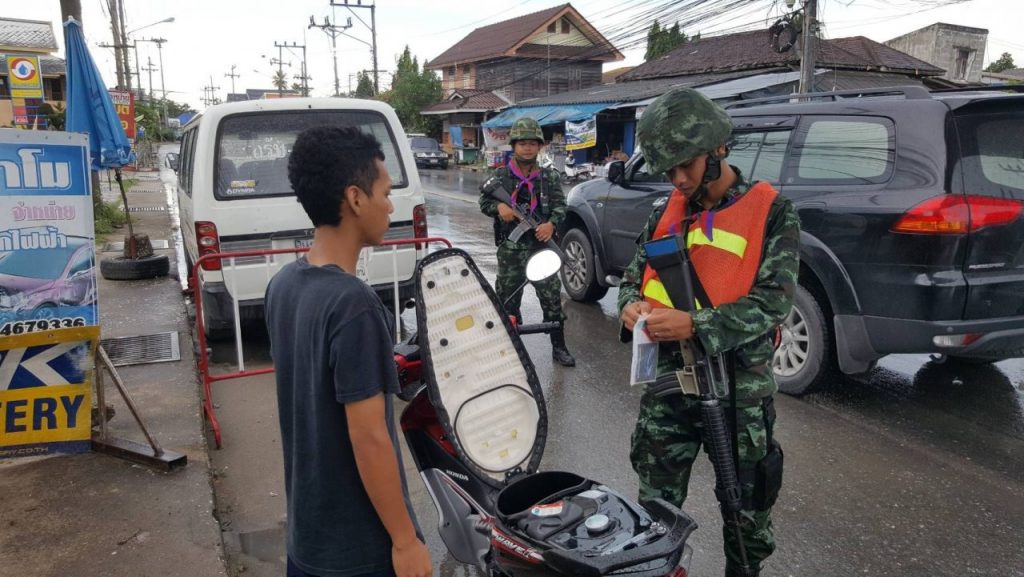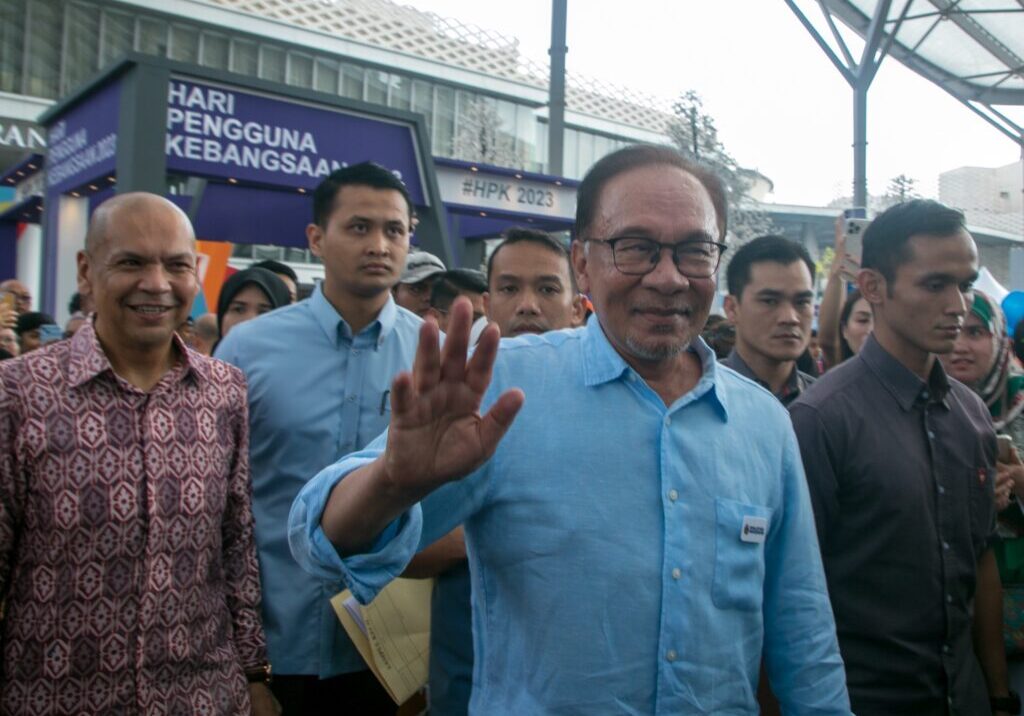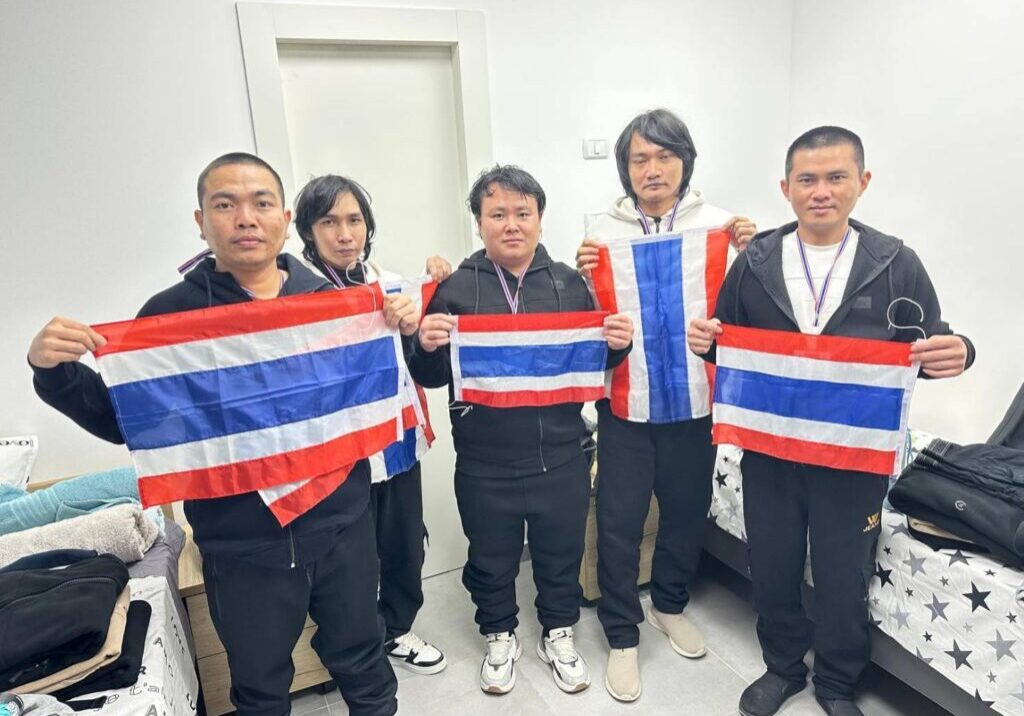Australia/Israel Review
Asia Watch: The next round in Thai south
Nov 30, 2018 | Michael Shannon

The latest move in the separatist conflict in southern Thailand sees the Thai Government further extending the state of emergency on three southern border provinces for three more months. In the wake of a Thai-Malaysian leaders summit and the appointment of new negotiators, official pronouncements of a “new era” in the peace process sound premature.
The decades-old insurgency in the predominantly Muslim and Malay-speaking deep south – which encompasses Narathiwat, Pattani and Yala provinces, as well as four districts of Songkhla – generally receives little international attention, but the ongoing low-intensity violence has resulted in nearly 7,000 deaths since it re-ignited in 2004.
The frequency of attacks – mainly isolated shootings, arson and small explosions – has fallen considerably, from over 4,000 in 2007 to an estimated 500 in 2017. But the persistence of attacks on police, military guards and local markets, not to mention the perennial fears of a spill-over into jihadist terrorism, means that this primarily ethno-nationalist struggle is far from resolved.
The southern problem was high on the agenda for the first meeting of Thai Prime Minister Prayuth Chan-o-cha with 93-year-old Malaysian PM Mahathir in his first state visit to Thailand since returning to office in May.
“You have the problem in the south and we are pledged to help in whatever way possible to end this violence,” Mahathir told the joint press conference, while his counterpart Prayuth reaffirmed that, “It is in Thailand’s and Malaysia’s best interest, and it is indeed, of the region that the situation in the southern border provinces must be resolved.”
Prayuth also reaffirmed that talks aimed at settling the separatist conflict would go on with Malaysia in a role as peace broker, a role it has held since 2013, facilitating different sets of peace talks between Thailand and MARA Patani, an umbrella group negotiating on behalf of various rebel groups and factions in the Malay-border provinces.
Meanwhile, both Thailand and Malaysia have appointed new lead negotiators in an effort to revitalise the peace talks, which have failed to achieve even a limited formal ceasefire agreement.
Udomchai Thammasarorat, a former Thai army general in a regional military command that covers the deep south, has a tough reputation and is seen as someone who can be counted upon to build and strengthen a constituency in the far south for the pro-military Phalang Pracharat Party, which has vowed to support Prayuth’s bid to return as PM after the next general election.
Malaysia has turned to a former police chief, Abdul Rahim Noor, a Mahathir loyalist familiar with security challenges along the Thai-Malaysian border. He is known not only for bringing down the now-defunct Communist Party of Malaya through a peace agreement in 1989, but for deporting the Thanam brothers, key separatist leaders from the Patani United Liberation Organisation (PULO), in 1998, which left deep distrust of Malaysia among the Patani community.
The ageing Abdul Rahim seems unlikely to be a long-term appointment, given that Nurul Izzah, the daughter of Anwar Ibrahim and a parliamentarian, has reminded the Malay public of the infamous “black eye” given to her father 20 years ago when, as police chief, Abdul Rahim punched him in the face.
While the talks between the current military government and MARA started in mid-2015, they followed previous talks between the hardline National Revolutionary Front (BRN) and the government of Prime Minister Yingluck Shinawatra. Those talks stalled in December 2013 and Yingluck’s government was toppled in a military coup led by Prayuth, the then-army chief, in May 2014.
The BRN – the largest and most heavily armed rebel group, now believed to control virtually all the separatist violence in the region – has been a conspicuous holdout from peace talks ever since. They dismiss MARA Patani as illegitimate and irrelevant, cobbled together by Malaysia in an attempt to represent the various Thai separatist factions, some of which appear to exist in name only.
Suspicious of Malay involvement, the BRN has made no secret of wishing to negotiate directly with the Thai Government in a process that “complies with international norms”, they say. “The negotiation process should not be designed by any particular party other than the negotiating parties…”
In a rare media interview with the Asia Times, BRN spokesperson Abdul Karim Khalid sought to convey a conciliatory tone, stressing flexibility and a readiness for “sincere and authentic” negotiations with Bangkok. But he also warned that any attempt to push through a revamped process without considering the BRN’s proposals would mean “there will be no peace or security” in the border provinces.
A bombing spree on nearly 20 ATM machines throughout the region in May, a wave of bomb and arson attacks in prime tourist areas in 2016 and bomb attacks on markets in retaliation for the rounding-up of Patani-Malay youth last year all demonstrate that the BRN can still ratchet up their attacks at will.






